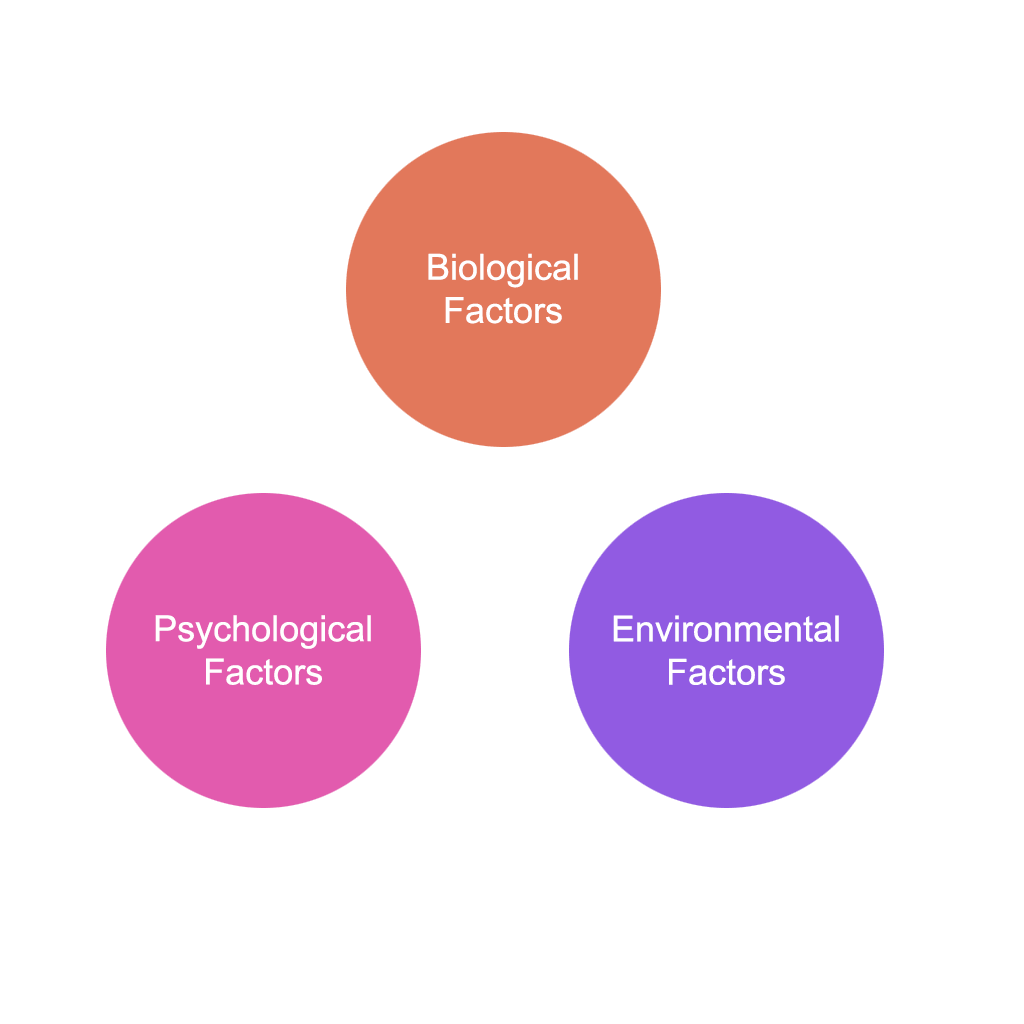What are the Environmental Factor of Personality Development?
List of Environmental Factors of personality development:
Some environmental factors which affect the development of personality. Four important set of factors are explained below:
Social Acceptance.
This is an important factor influencing personality development. We all live in a social group where we expect approval and appreciation of the members of the group. When a person’s performance behavior and role play is according to group expectations, he gets the approval of the group members. This is an important criteria for self-evaluation by an individual and it influences his self-concept to a large extent.
This factor influences people differently based on the importance they lay on social acceptance. To some people social acceptance holds no value. They will not be affected by the comments of people or by the impression people have of them. People who lay importance on group and who are liked by the group will have a more friendly and congenial nature than those who are rejected by the group.
The degree of impact of social acceptance on the behaviour of the person will depend on two factors:
- The level of security a person has about his status in the group, and
- The importance he gives to social acceptance.
If a person feels secure of his status, he will act freely and not get influenced by others. Again, if the person attaches a lot of value to social acceptance, he will always try to act more to the approval of the members of the group.
High social acceptance makes people more outgoing, flexible, daring and active than others with moderate social popularity. But such people, due,to their feeling of superiority are not able to build close relationships with people. They fail to exude the warmth which is required for building a close personal relationship. The reason why these people remain aloof is that they have a feeling of superiority.
There are people who face social rejection as well, on the contrary. These people want Social acceptance but people reject them. The person who faces rejection develops a lot of anger and resentment against the people who have not shown him acceptance.
Such persons also become depressed, sad and unhappy. If rejection is faced early in life, the children may become juvenile delinquents (committing a crime before adulthood) or criminals later in life. If in early life a child has good social experiences, as an adult he would be better able to adjust in society and become healthy social members, otherwise they may become antisocial elements.
Social Deprivation.
This factor has a huge impact on personality development. Those people who do not get the opportunities to experience social contacts including, love and affection are called socially deprived. Such people become socially isolated and it is highly damaging for the very young and the old people, influencing their personality adversely. Young children are not able to develop a healthy and normal personality. They behave in a socially unacceptable manner and people do not have favorable opinion of them.
Educational Factors.
Educational factors are very important for the development of personality. Teachers, school, college and how the child’s experiences are with them, how he regards them, how his attitude is towards school and college, teachers and fellow students, and towards the importance of studies affect his personality a lot. Students enjoy their time at school if they have a favorable outlook towards academics and enjoy warm, cordial relationships with their teachers and peer group. This brings confidence in them and raises their self-esteem.
The opposite happens if the children do not view education as a rewarding experience. If students are psychologically and physically ready for education, their attitude will be favorable. The emotional climate in the institution affects the attitude of the student towards it, also motivating him or demotivating him. The child’s general emotional reactions, his classroom behaviour, his self-evaluation and evaluation of others, all are affected by the environment in the school.
In addition to the above, the student-teacher relationship plays a major role in influencing the personality of the child. The approach of the teachers towards the students, the teacher’s principles, the disciplinary techniques they use and the teacher’s personality as well’ s how the child views it all are major factors. The students’ academic achievement is influenced in turn, which influences his social and self-evaluation.
Having a warm and friendly relationship with teachers helps students to become high achievers while if it is hostile, punitive and rejecting, child will not be able to achieve much. A comfortable relationship will improve self-confidence and self-esteem.
Family Determinants.
At all stages of life, family plays a major role in influencing the personality of individuals, both directly and indirectly. The different child-training methods that are used to shape a child’s personality, and how the members communicate their interest, attitude and values directly influence personality. If parents show too much strictness, children become dependent Upon external controls and even become impulsive when they are away from parents influence.
Children follow their parents and their personality traits become similar to their parents through imitation. For example, nervous, anxious and serious parents also make their children nervous and they have sudden angry outbursts. Those children who live with warm, loving, intellectual parents become social and wholesome personalities. Such children develop feelings of affection and goodwill for people outside the home also.



